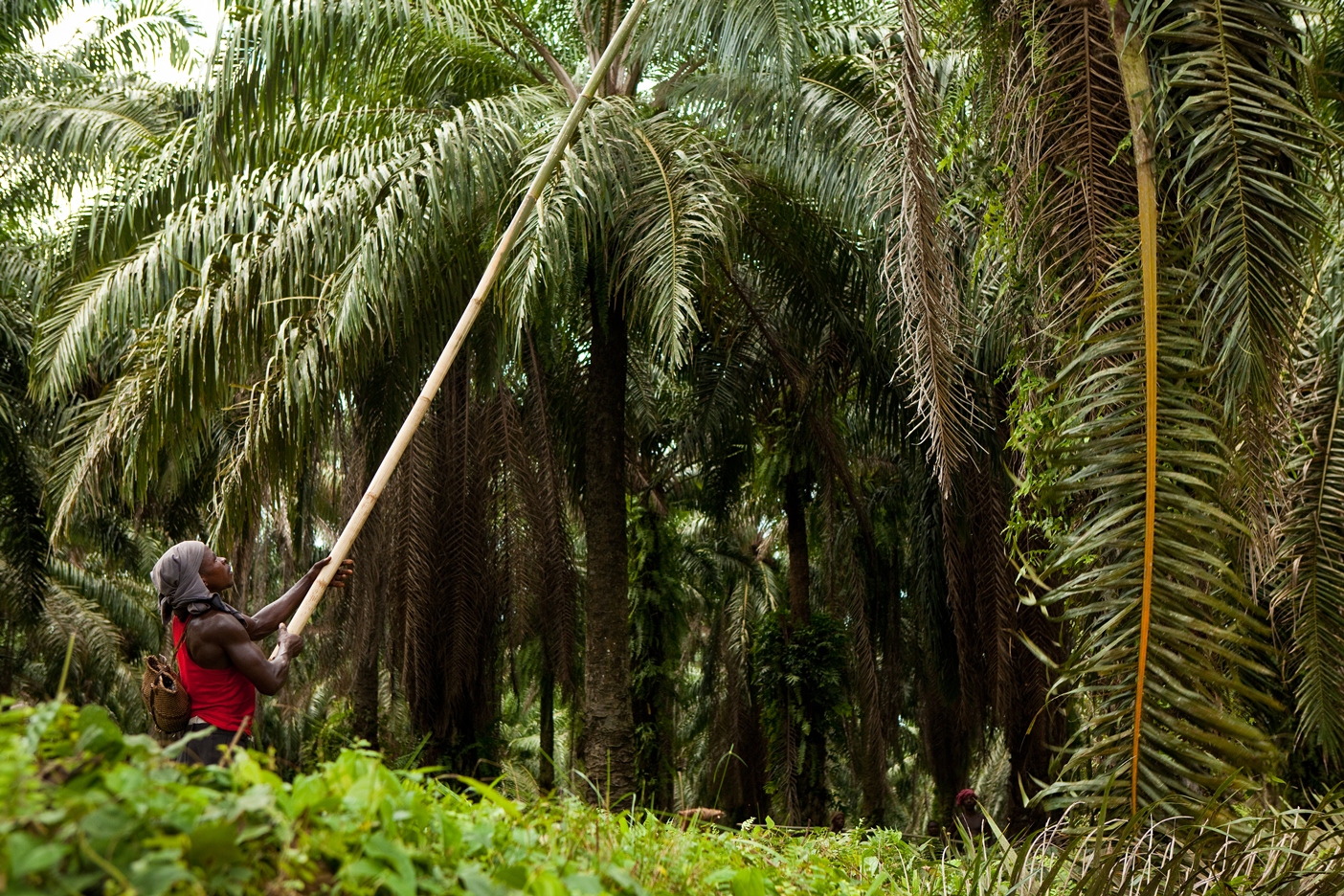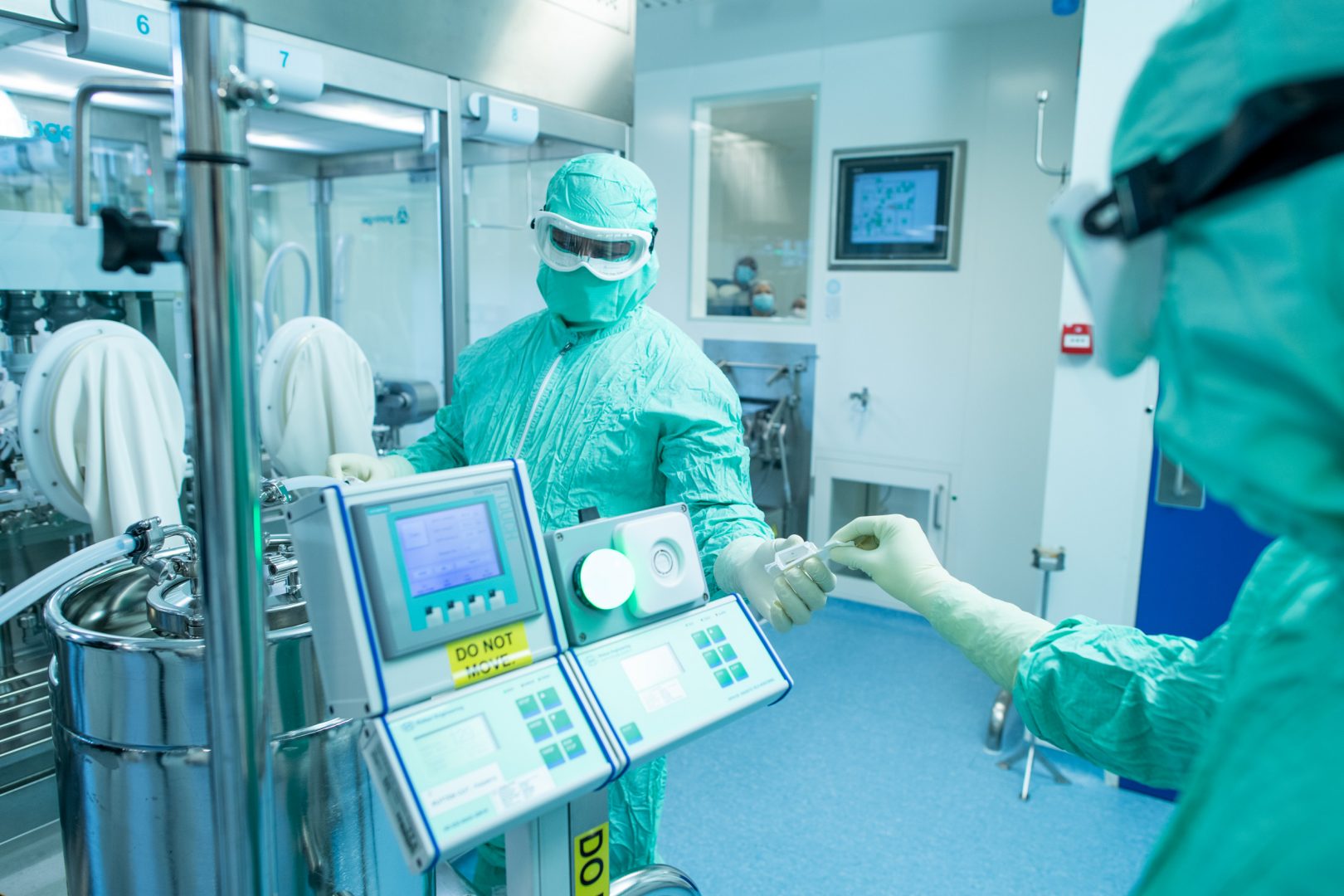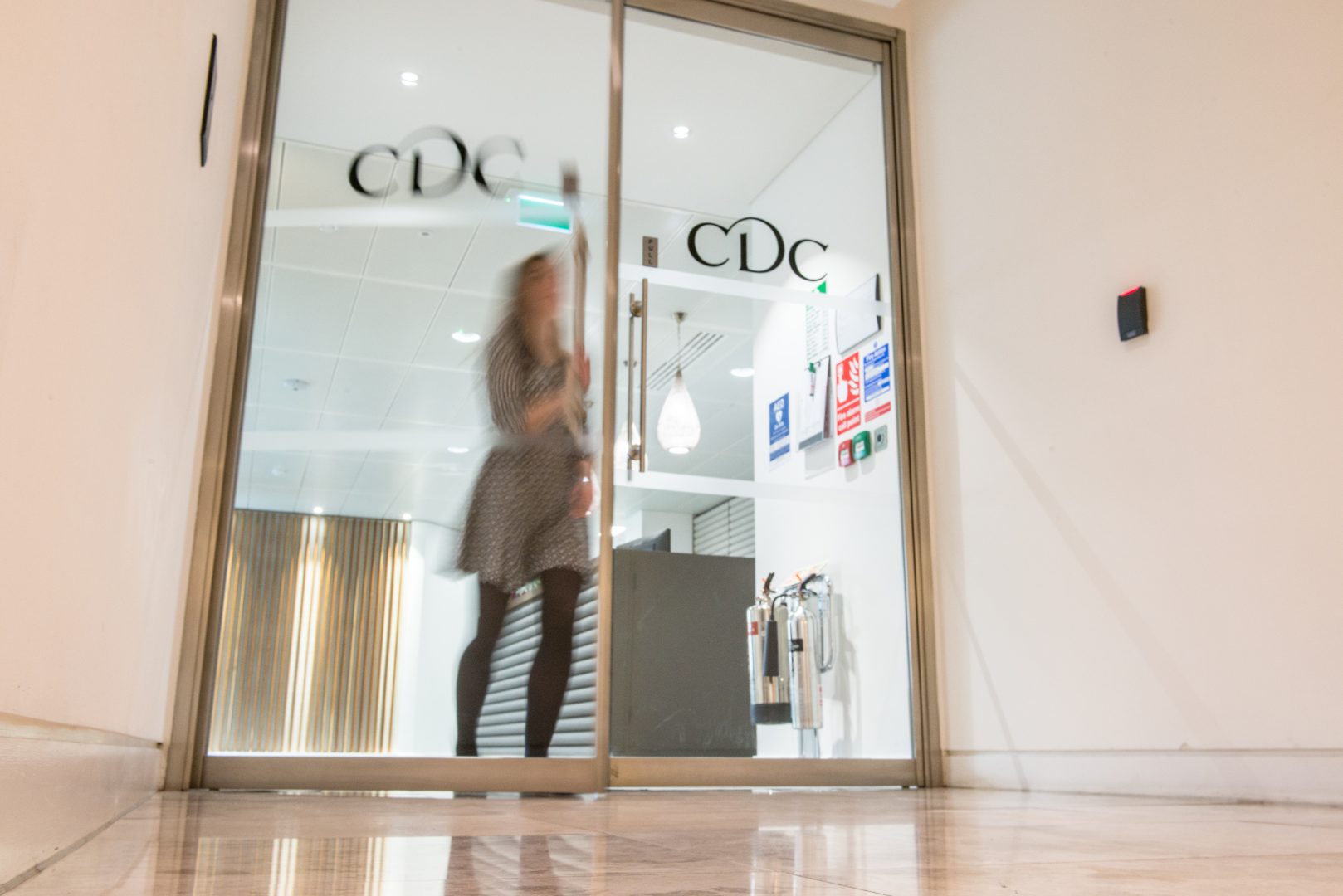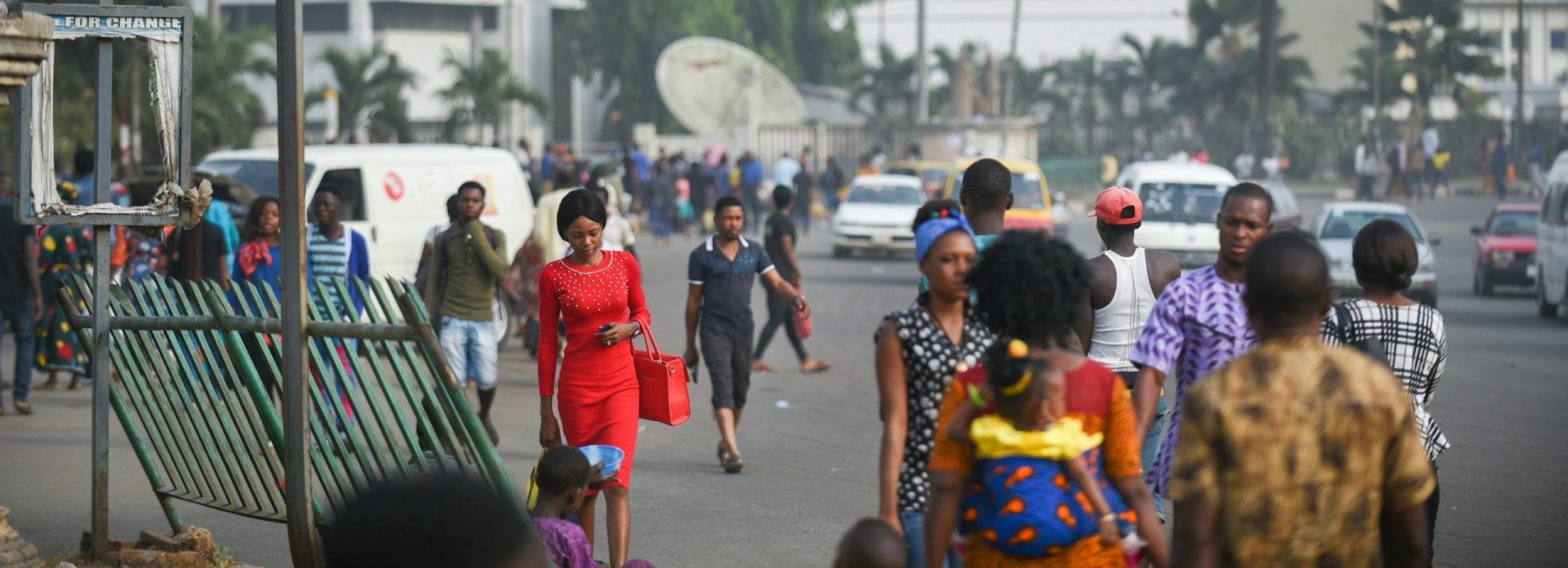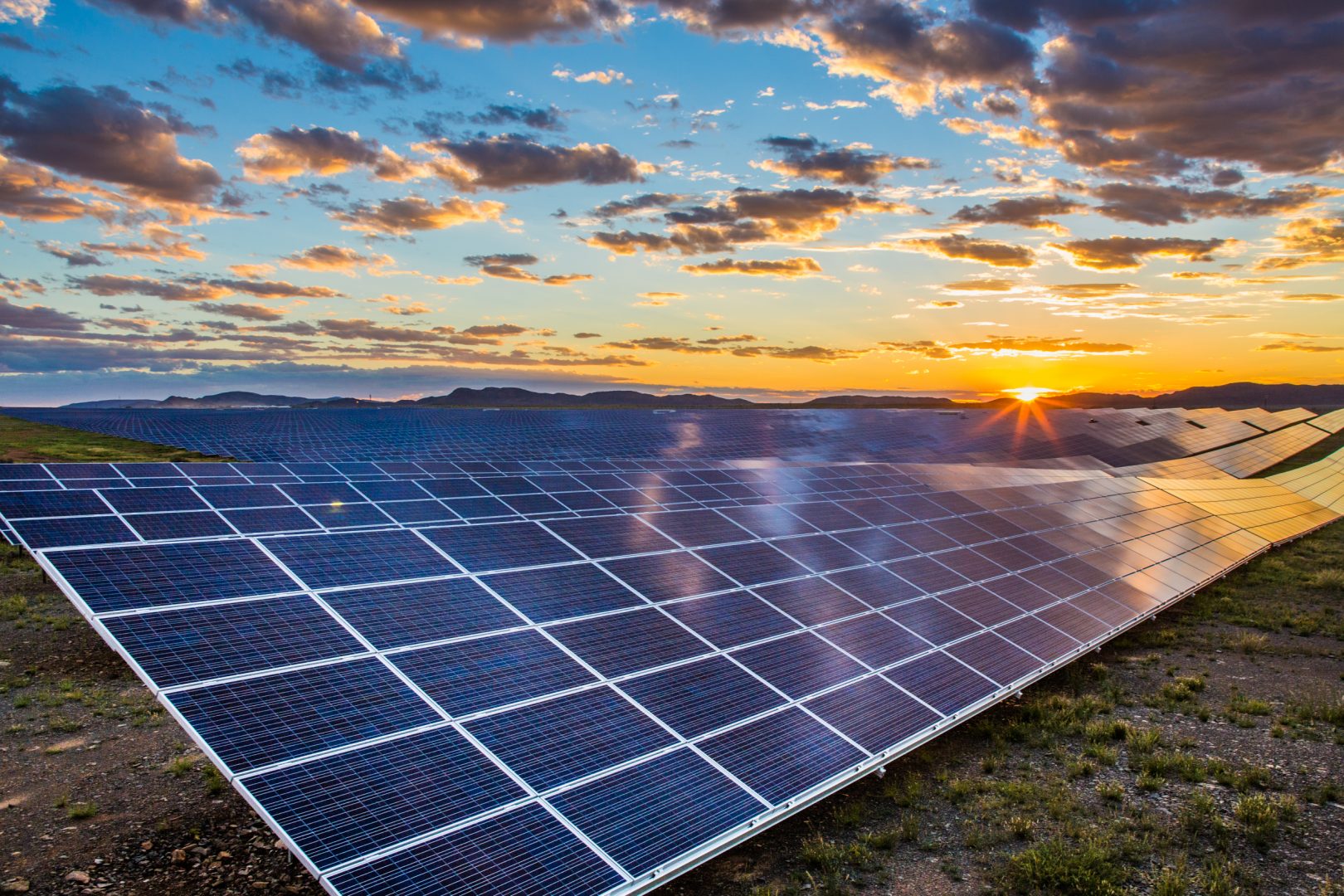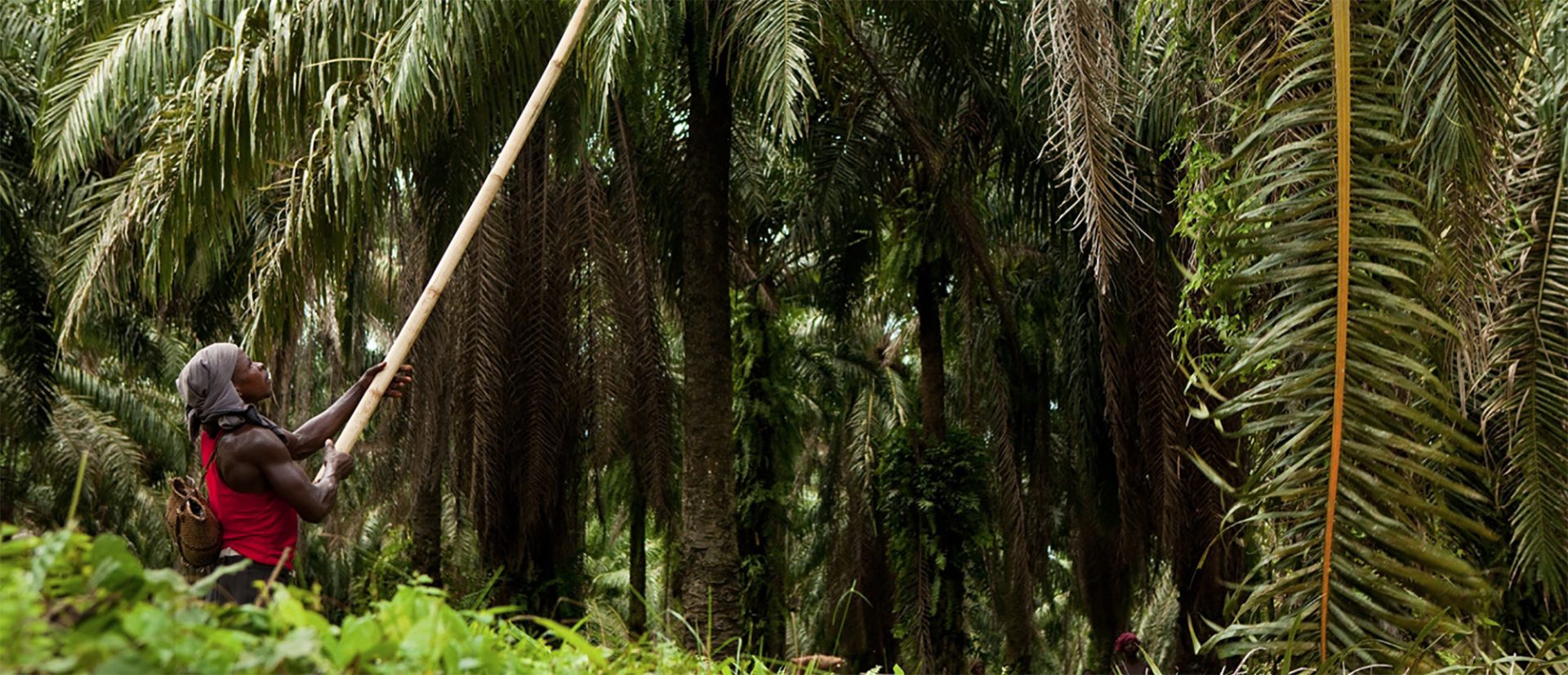CDC invests US$14.5m to lead a US$25m equity funding round, giving CDC a 27.5% stake in the company
An additional US$3.6m convertible loan facility will support the implementation of a new Environmental and Social Action Plan
CDC, the UK’s development finance institution, has announced a US$18.1m investment into Feronia, an agricultural production and processing business focused on palm oil plantations and arable farming in the Democratic Republic of Congo (DRC). The investment, which enabled a total capital raise of US$28.6m, will support the on-going rehabilitation of an existing 102-year-old plantation business that provides over 3,500 direct jobs.
Set up by Lever Brothers in 1911, the business had suffered over a decade of under-investment due to the civil conflict in DRC prior to the acquisition by Feronia in 2009. CDC’s investment will help the company accelerate the restoration of its three palm oil plantations, support its replanting programme and increase production efficiencies. A component of the investment will also be used to enable Feronia to further develop its arable farming operations.
DRC is one of the poorest countries in the world in which per capita income is US$180. Approximately 70% of the population live below the poverty line and 75% of the population don’t have enough to eat (World Bank, African Economic Outlook, 2013). Despite huge agricultural potential, the country relies on imports for a substantial amount of its food requirements. Feronia, backed by CDC’s investment, aims to reduce imports of these staple goods and contribute to local food security by increasing the availability of edible oil and crop products to people in DRC. Both the palm oil and the rice and arable crops produced by Feronia are consumed solely within the domestic market.
Agriculture is a long-term business and requires patient investment in order to scale up operations. Past economic and political instability has hindered investment in the agricultural industry, resulting in the decline of established plantations such as those owned by Feronia. However, with an increasing population and economic growth, there is a significant opportunity for patient investing to build sustainable businesses. CDC will provide this long-term capital to Feronia, supporting growth and development to create a sustainable and profitable business that continues to contribute significantly to local employment and to local communities.
The company’s principal operations are in Équateur and Orientale, which are two of the poorest provinces within DRC with extremely limited formal employment. As well as providing 3,500 direct jobs, approximately 45,000 people live in the communities surrounding Feronia’s plantations and rely on the company’s continuing operations. It provides housing for its staff and their families as well as four full hospital campuses, 17 clinics and dispensaries, and 94 schools.
Of the US$18.1m, a pool of US$3.6m has been ring-fenced to finance the implementation of the company’s Environmental and Social Action Plan (ESAP) which is in place to strengthen business standards and enhance community facilities. Areas covered by the ESAP include workers’ housing, sanitation, schools, medical facilities, health and safety and the implementation of environmental good practices.
When the plantations were acquired by Feronia in 2009, they were in a state of distress due to severe under-investment during the civil conflict in DRC. The initial challenge was to restart operations and invest in the restoration of the infrastructure within the business. Now that this has been achieved, the company is moving into its next phase of development – achieving profitability whilst upgrading its operations to reach international standards including meeting the criteria for obtaining Roundtable on Sustainable Palm Oil (RSPO) certification.
Welcoming the investment, Ravi Sood, Chairman of Feronia, said:
“We have worked closely with CDC over the past few months to conclude this investment, building on their experience and knowledge as a leading development finance institution. CDC’s long-term investment will allow us to build on what we have already achieved, generating and sustaining new growth, jobs and investment in DRC.
“Our plantation business was once a world leader in the palm oil sector in both production and research. We are determined to match and exceed previous production levels and also restore our position as an innovator in the sector. We are equally determined to continue our 100-year legacy of complete integration with the communities we operate in. Our hope is that our commercial success will be part of an agricultural renaissance in DRC.”
Dolika Banda, CDC’s Regional Director for Africa, said:
“This is an important investment in DRC for CDC. Feronia’s plantations are at the heart of their communities and it is a highly respected company within the country. One of our key reasons for investing is the depth of experience in both the workforce and senior management team, which is a testament to its 100-year history in DRC. The company has already made significant progress in rehabilitating plantations which were in a state of distress and we believe that the business has substantial potential to be a major contributor to growth and jobs in DRC.
“We will work closely with Feronia to ensure it has access to the long-term capital and support it needs. We will also focus on building the company’s value by strengthening its environmental, social and governance standards, and supporting it to move towards international standards in the palm oil industry.”
